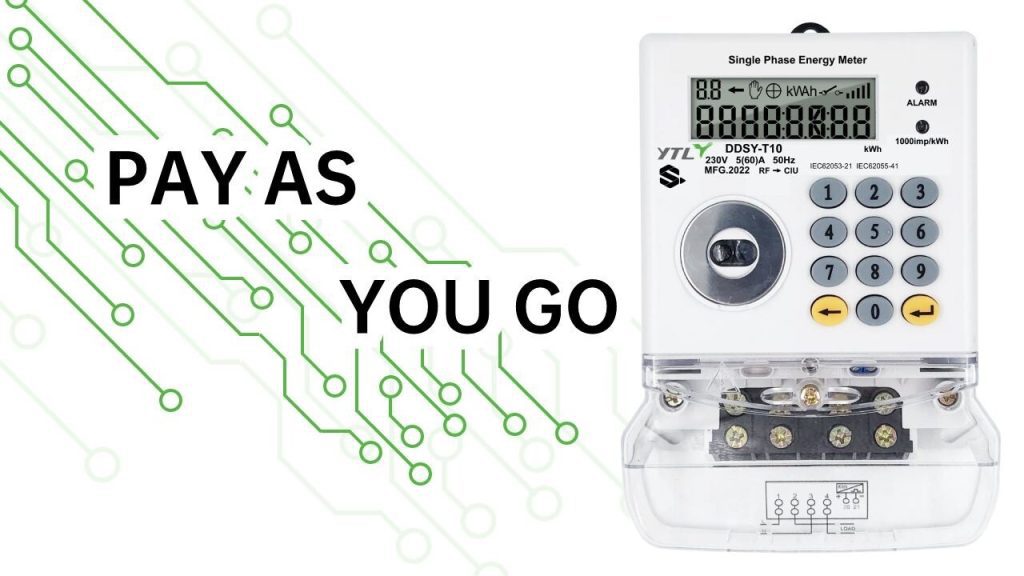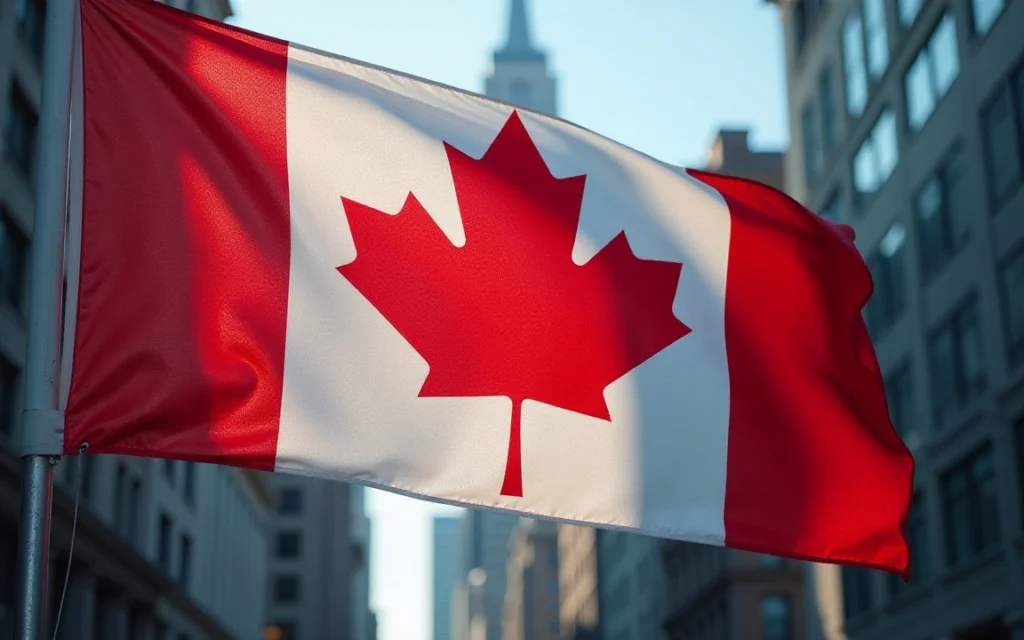The Federal Government of Nigeria has announced plans to buy up to 3.5 million electricity meters by the end of 2024. This effort is aimed at improving revenue collection and addressing the electricity billing challenges in the country.
The Minister of Power, Adebayo Adelabu, shared this news, following a recent government decision to purchase over 10 million meters within the next five years. The entire project is expected to cost the government around $946 million.
Nigeria has been struggling with severe power shortages for several years, leaving millions of households without reliable electricity. President Bola Tinubu’s administration has pledged to tackle this issue and improve the country’s power supply.
One of the major problems facing Nigerians is the lack of electricity meters. Currently, out of 13 million households, more than 7 million do not have meters. This has led to widespread complaints about inaccurate billing and high electricity costs, as many households are charged based on estimated usage rather than actual consumption.
The Nigerian Electricity Regulatory Commission (NERC) reported that last year alone, they received thousands of complaints from households regarding electricity billing issues. These complaints made up about 57% of all grievances received by the regulator.
To address these concerns, the government has committed to sourcing the electricity meters both locally and internationally. This means they will be working with both Nigerian manufacturers and foreign suppliers to ensure that enough meters are available to meet the demand.
The acquisition of these meters is part of a broader plan to modernize Nigeria’s power sector. By installing more meters, the government hopes to ensure that households are accurately billed for the electricity they use. This would not only improve revenue collection but also reduce the financial burden on families who currently pay for more electricity than they actually consume.
The government’s initiative is also expected to stimulate local manufacturing and create jobs in the meter production industry.
By encouraging local production, the government aims to boost the economy while addressing the power supply challenges.
In addition to improving billing accuracy, the widespread installation of meters is seen as a crucial step towards enhancing transparency and accountability in Nigeria’s power sector.
It will allow for better monitoring of electricity consumption and reduce the likelihood of energy theft, which has been a persistent problem.
As Nigeria continues to face challenges in its power sector, the government’s commitment to increasing the availability of electricity meters is a positive step towards resolving the long-standing issues.
With the promise of more accurate billing and improved power supply, this initiative brings hope to millions of Nigerians who have been struggling with unreliable electricity for years.























